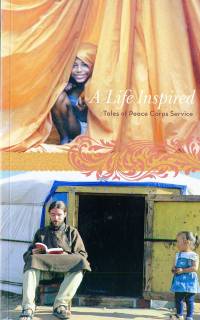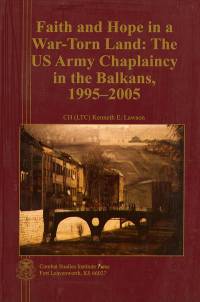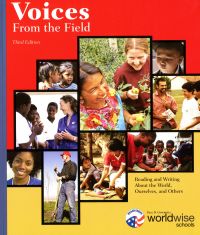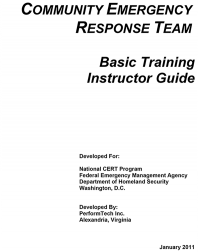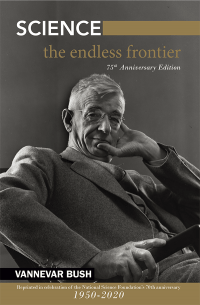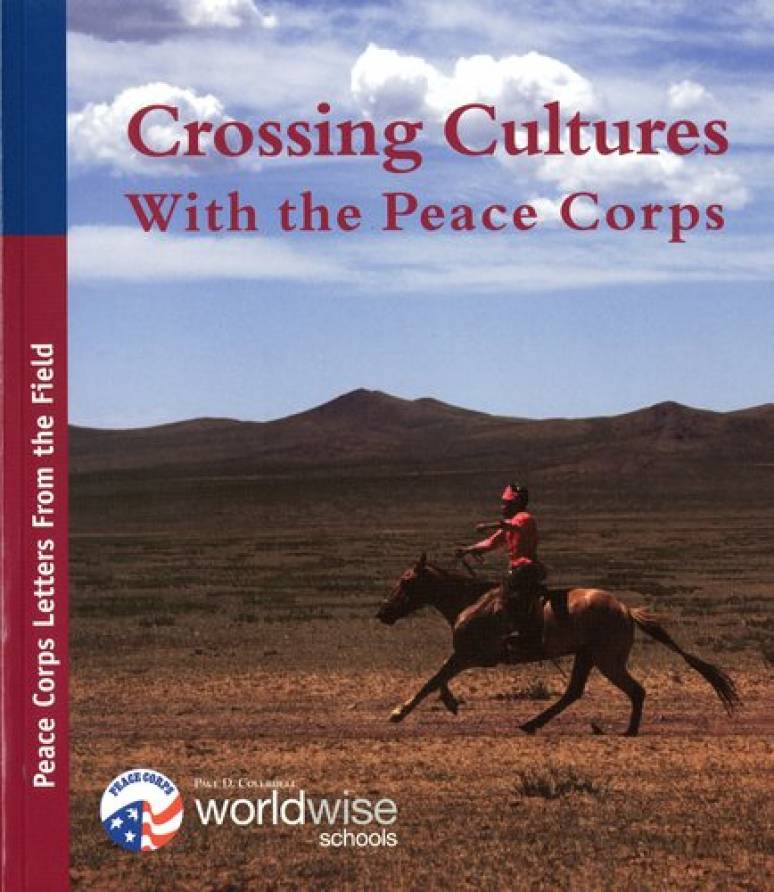
Contains a collection of letters from Peace Corps volunteers serving in various nations. Organized into sections on: Fitting In; Local Flavor; Witnessing Change; The Challenges of Service; National Standards; and Author Updates (What Have the Peace Corps Volunteer Authors Done Since They Wrote the Letters in This Book?).
A few days after President John F. Kennedy took office, Kennedy asked his brother-in-law, R. Sargent Shriver, to direct a Peace Corps Task Force. The Peace Corps was established by JFK via executive order on March 1, 1961, and Shriver accepted the president's request to officially lead the organization.
Peace Corps Volunteers agree to serve in order to meet the three goals of the agency: to provide assistance to the peoples of other countries; to help the people of other countries better understand Americans; and to help Americans better understand other peoples. This book helps fulfill the agency’s third goal through remarkable stories by Volunteers in the field.
Other related products:
A Peace Corps Mosaic Volume 1 Video can be found here: https://bookstore.gpo.gov/products/sku/056-000-00047-0
Culture Matters: The Peace Corps Cross-Cultural Workbook -print paperback format can be found here: https://bookstore.gpo.gov/products/sku/056-000-00059-3
Voices from the Field - print paperback format can be found here: https://bookstore.gpo.gov/products/sku/056-000-00058-5
Table of Contents:
Introduction and Acknowledgments . . . . . . . . . . . . . . . . . . . . . . . . . . . . . . . . . . . . . . . 4
World Map . . . . . . . . . . . . . . . . . . . . . . . . . . . . . . . . . . . . . . . . . . . . . . . . . . . . . . . . . . . . . 6
Fitting In
“A South African Storm,” by Allison Howard (South Africa) . . . . . . . . . . . . . . . . . . . . 8
“Hey, Driver!” by Thalia Kwok (China). . . . . . . . . . . . . . . . . . . . . . . . . . . . . . . . . . . . . 16
“One Step at a Time,” by Fred Koehler (Togo) . . . . . . . . . . . . . . . . . . . . . . . . . . . . . . . 22
“Girl Farmer,” by Angela (Rich) George (Dominican Republic) . . . . . . . . . . . . . . . . . 32
“Angel,” by Barbara Arrington (South Africa) . . . . . . . . . . . . . . . . . . . . . . . . . . . . . . . . 38
“How Does One Spell Happiness in Paraguay? ...” by Jane Troxell (Paraguay) . . . . . . . 44
Local Flavor
“Waking Up, Stepping Out,” by Steve Iams (Nepal) . . . . . . . . . . . . . . . . . . . . . . . . . . . 50
“Soneka’s Village,” by Richard Lupinsky Jr. (Tanzania). . . . . . . . . . . . . . . . . . . . . . . . . . 58
“Enough to Make Your Head Spin,” by Elizabeth (Vernon) Kelley (Bulgaria) . . . . . . . 66
“A Day” and “A Year,” by Jordan Earl (Uzbekistan) . . . . . . . . . . . . . . . . . . . . . . . . . . . . 73
Witnessing Change
“Looking Back,” by Carla Bachechi (Macedonia) . . . . . . . . . . . . . . . . . . . . . . . . . . . . . 83
“Just Like the Old Days,” by Jonathan Phillips (Mongolia) . . . . . . . . . . . . . . . . . . . . . . 90
“Respect for Authority,” by Jonathan Phillips (Mongolia). . . . . . . . . . . . . . . . . . . . . . 97
“Reduce, Re-Use, Recycle,” by Nina Porzucki (Romania) . . . . . . . . . . . . . . . . . . . . 103
The Challenges of Service
“Chiggers and Other Challenges,” by Joan Heberger (Honduras). . . . . . . . . . . . . . . . 110
“A Life of Sacrifice and Hardship?” by Robin Solomon (Kazakhstan) . . . . . . . . . . . . 116
“Lessons Learned as a New Teacher,” by Christian Deitch (Kyrgyz Republic). . . . . . 124
National Standards . . . . . . . . . . . . . . . . . . . . . . . . . . . . . . . . . . . . . . . . . . . . . . . . . . . . . 131
Author Updates . . . . . . . . . . . . . . . . . . . . . . . . . . . . . . . . . . . . . . . . . . . . . . . . . . . . . . . 135
Crossing Cultures With the Peace Corps will be most useful for elementary teachers and for language arts and social studies teachers in grades 6–12. Each story is followed by a lesson or teaching suggestions. Standards for English, social studies, and geography are listed for each lesson and spelled out on pages 131–134. In addition, each lesson is accompanied by “enduring understandings” and “essential questions,” which focus on the fundamental ideas underlying each lesson—ideas that the teacher wants the students to come away with.
Older students interested in volunteering with the Peace Corps, and members of the general public interested in what the Peace Corps does, will also enjoy this publication.
Product Details
- Peace Corps Letters From the Field
- Peace Corps
- Anthropology
- International Relations
- Letters
- Biography


